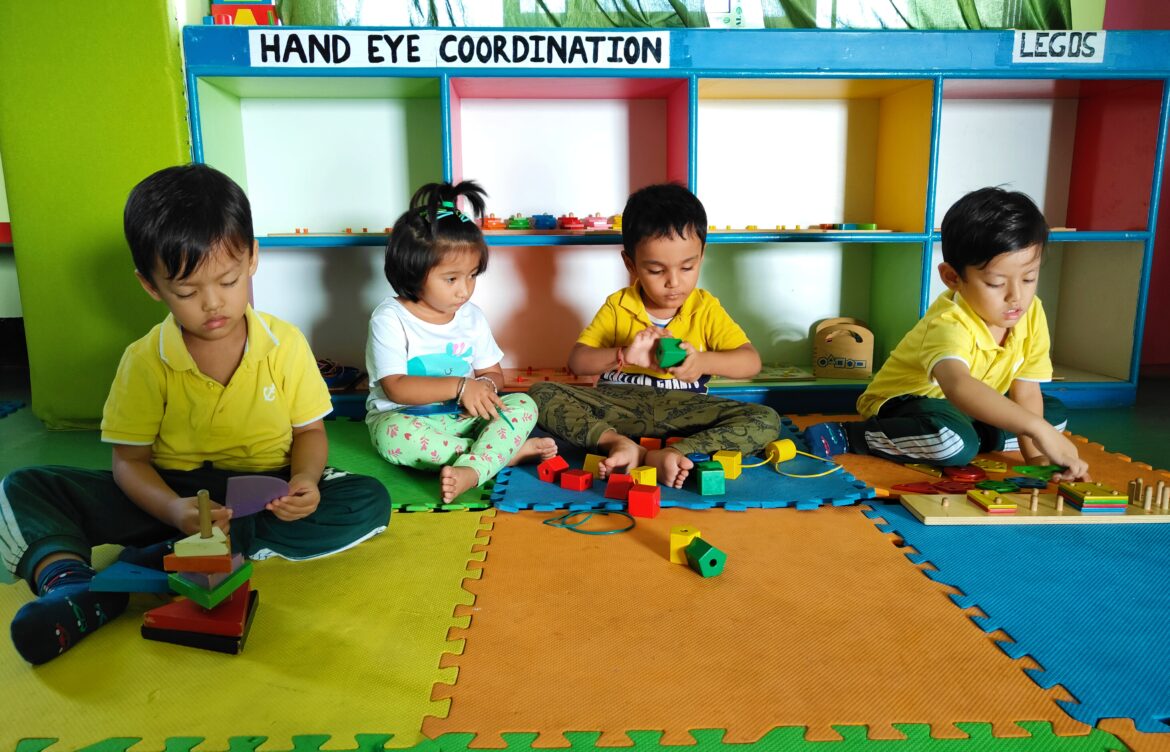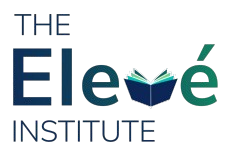
Social-Emotional Learning Meets Academic Growth – A Whole-Child Approach
At The Elevé Institute, we view education through a holistic lens. Social-emotional learning (SEL) is not a side lesson—it’s the heart of learning. When students feel safe, confident, and connected, academic growth naturally follows.
SEL + Academics: Better Together
Research shows SEL increases academic achievement, improves behavior, and boosts attendance. Students who can manage their emotions are better prepared to focus, persevere, and problem-solve.
Key SEL Skills to Teach
- Self-Awareness – Helping students recognize their emotions and thoughts.
- Self-Management – Building tools for handling stress and setting goals.
- Social Awareness – Understanding others and embracing diversity.
- Relationship Skills – Communication, cooperation, and conflict resolution.
- Responsible Decision-Making – Making kind, thoughtful choices.
Everyday Integration
SEL doesn’t require a separate lesson. It fits naturally into daily routines:
- Morning check-ins build emotional vocabulary.
- Group projects teach cooperation and listening.
- Mindful moments calm the nervous system and improve focus.
- Reflection journals promote self-awareness.
Teachers as Guides
Educators set the tone. When teachers use SEL language (“Let’s take a deep breath,” or “What’s a kind way to solve this?”), students internalize those habits.
Final Thought
SEL and academics aren’t separate goals—they’re interconnected. At Elevé, we help children thrive both emotionally and academically by teaching the whole child.
